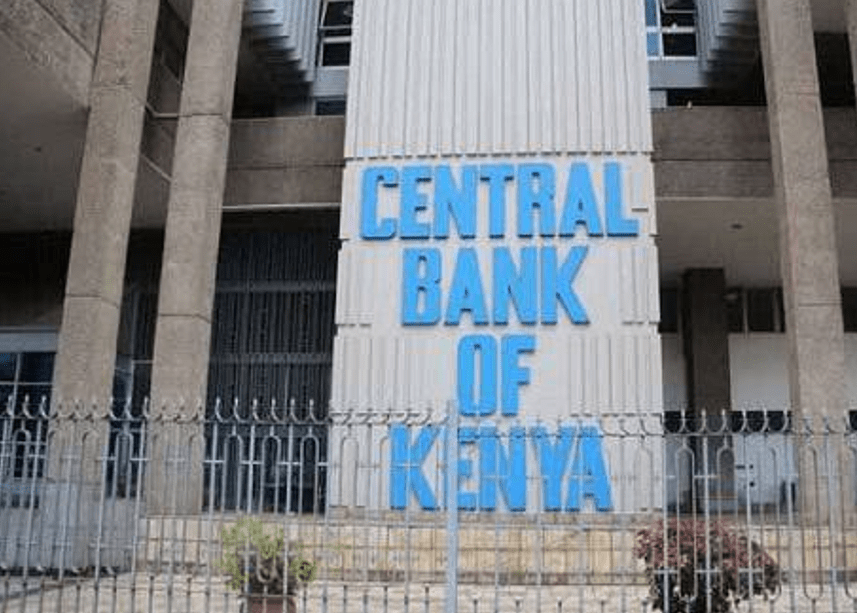Kenya among a few African countries that shut down internet in 2024 – report

Kenya was among a handful of African countries that imposed deliberate internet shutdowns in 2024, a move condemned by digital rights watchdogs as a threat to freedom of expression.
According to the 2024 Digital Rights and Inclusion Report released by the Paradigm Initiative (PIN) during the Digital Rights and Inclusion Forum (DRIF), these shutdowns represent an alarming disregard for international human rights obligations.
The report described such actions as “a dereliction of duty toward national, regional, and international obligations to promote freedom of expression and access to information.”
While some African countries like Gambia experienced internet disruptions caused by undersea cable failures, the cases in Kenya, Comoros, Mauritius, and Mozambique were identified as intentional government-led actions.
In Kenya, the internet shutdown occurred in the context of political unrest and anti-government protests, where authorities cited security concerns. However, rights groups argue that the real motive was to suppress the mobilisation of protesters and block the dissemination of live footage from demonstrations.
This is not Kenya’s first encounter with digital suppression. In 2017, during the general elections, concerns over the threat of shutdowns loomed large, though the government at the time denied such intentions.
This is as the cost of internet access in Kenya remains prohibitively high, particularly for low-income communities.
The report highlights that high data prices disproportionately affect women and girls, particularly in rural and underserved urban areas.
A 2023 report by the Alliance for Affordable Internet (A4AI) ranked Kenya among the countries where internet access still costs more than 2 per cent of the average monthly income — the global affordability threshold set by the UN Broadband Commission. This inequality means that for many Kenyan families, buying mobile data is a luxury, not a right.
The issue is compounded by outdated and punitive laws governing online speech. The PIN report flags Kenya’s continued criminalisation of “false news” as a significant red flag, citing it as a tool frequently used to silence dissent.
In one recent case, a university student in Kisii was arrested for allegedly spreading false information on social media about a planned demonstration.














